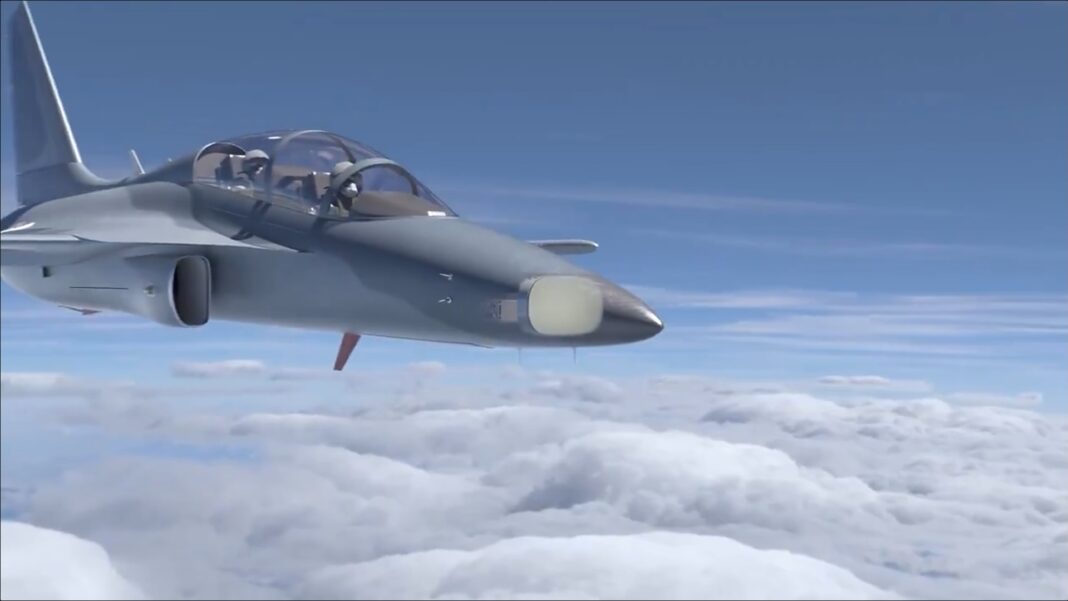Raytheon Intelligence & Space developed a new AESA radar, with reduced size and weight, to equip light platforms such as trainer aircraft, helicopters and unmanned aerial vehicles.
According to the company, the new active electronically scanning radar (AESA) is an affordable, lightweight and compact device. It harnesses the capability of a heavyweight AESA fire control radar in its lightest form factor ever – at a fraction of the cost.
???? NEWS: At just over 100 lbs, the newest addition to our AESA #radar family is 1/3 the weight of its counterparts but every bit as capable: https://t.co/OQvG3Z9Mlk #ASC21 pic.twitter.com/kLlguYUEPh
— Raytheon Intelligence & Space (@RaytheonIntel) September 22, 2021
«Our compact AESA radar offers advanced capability in an innovative design that gives our customers more radar options,» said Eric Ditmars, vice president, Secure Sensor Solutions, Raytheon Intelligence & Space. «We have developed an affordable, lightweight and compact radar that can be optimized for platforms in the air, at sea and on land, without sacrificing capability.»
At just over 100 pounds (45 kg aprox.), the new compact radar weighs one-third of what most modern AESA radars weigh and costs about half as much as typical fire-control radars. It combines the power of Gallium Nitride, or GaN, technology with innovative packaging of its digital receiver/exciter and processor called CHIRP, and a unique air-cooled design to deliver fourth-generation-plus performance.
Raytheon Intelligence & Space’s AESA radars have combat-proven reliability with more than 1 million flight hours. Their open architecture design allows for rapid upgrades, keeping operational and maintenance costs low. The first operational AESA radar was developed by Raytheon for the F-15C Eagle and the first systems were airborne as of December 2000.








